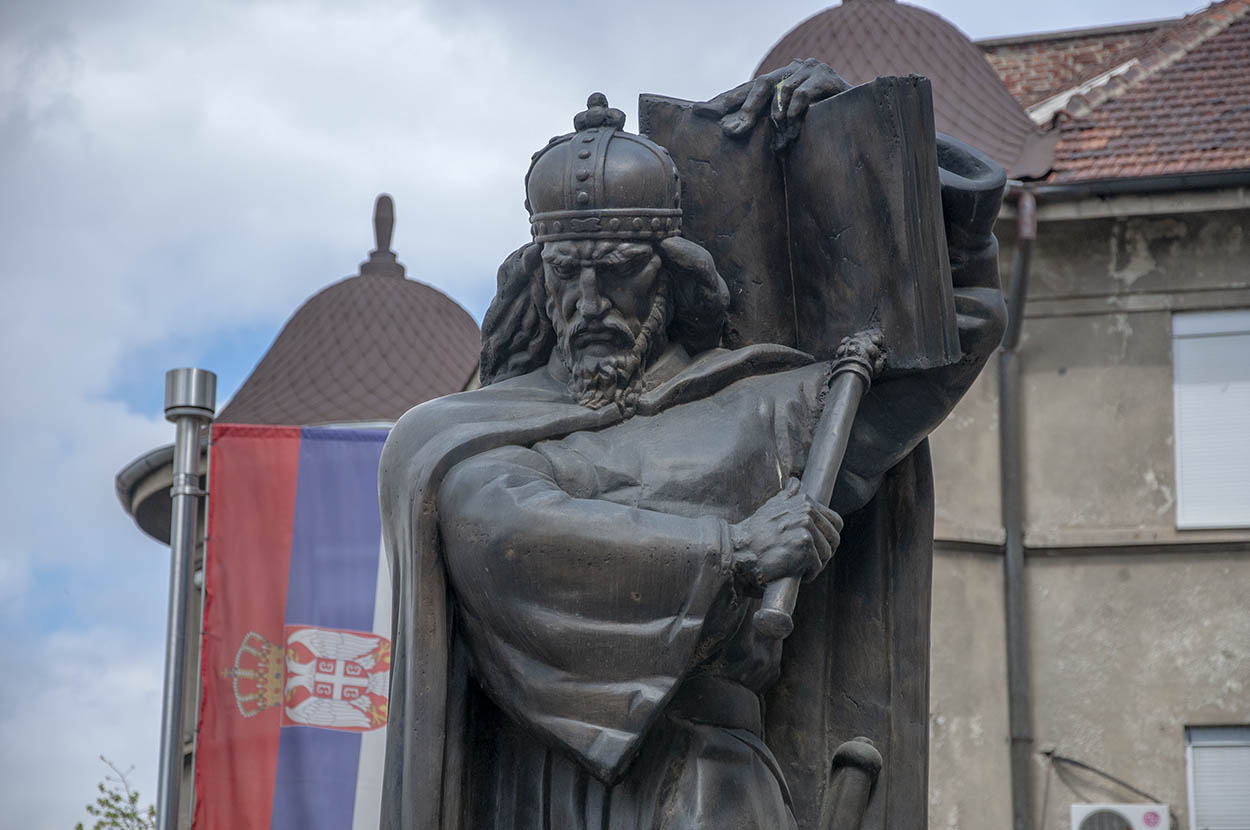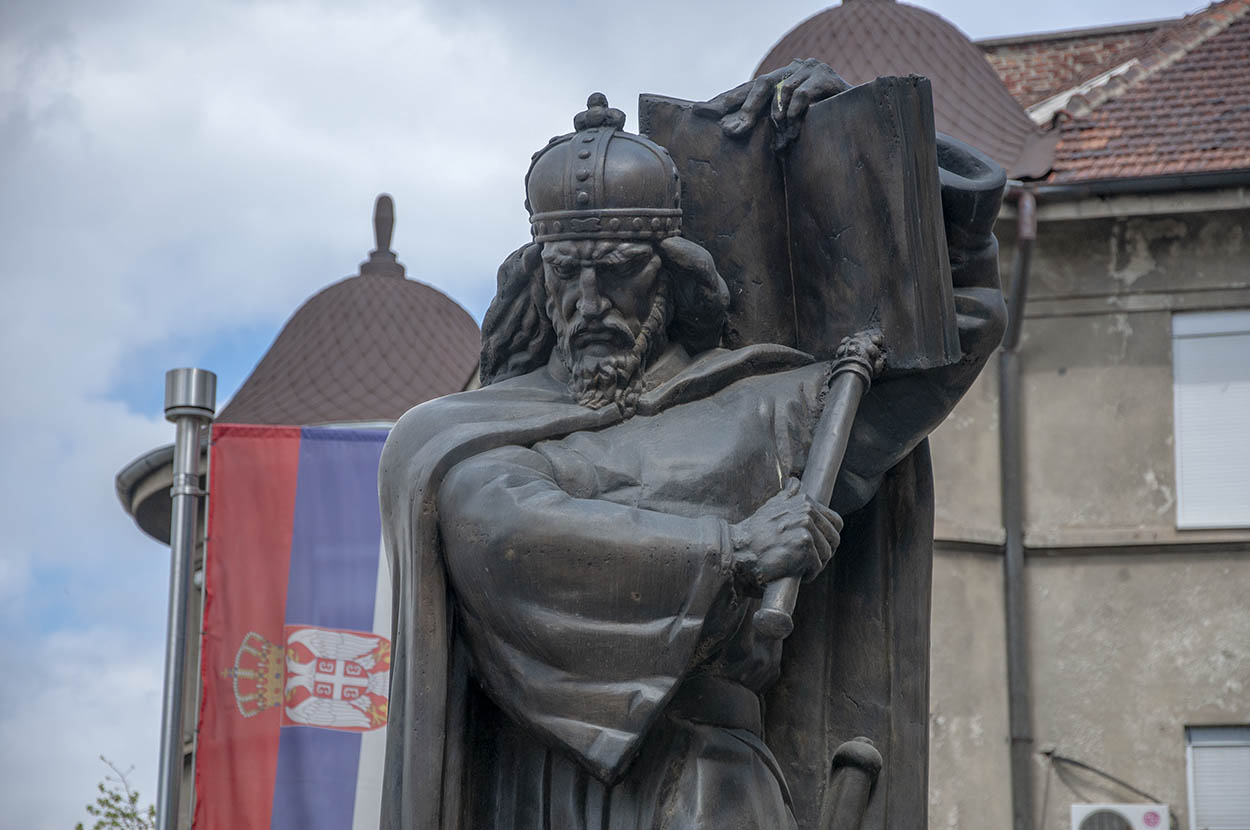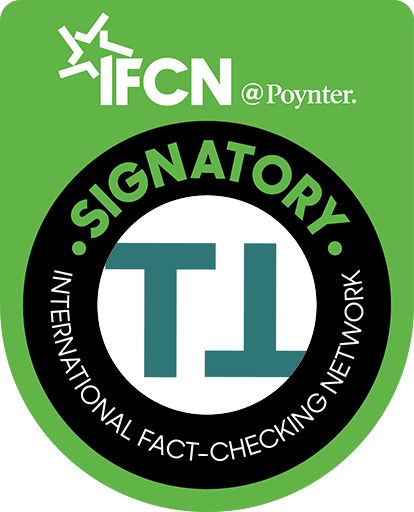Hunt for Blockade Judges: Justice or Media Lynching?
In Serbia, a fierce media and political battle is raging over judges who decided to release individuals arrested during blockades on the highway to Užice. Seven blockade participants, accused of attacking police officers and state officials, were released after defense appeals, sparking a flood of tabloid headlines and sharp reactions from authorities.
Tabloid War and Political Statements
Headlines like “Judges Released Blockade Terrorists” and “Make Them Known: Blockade Judges” have become daily fare. These labels followed after the Basic Court in Užice accepted appeals and freed the seven detainees. The Serbian Judges’ Association strongly condemned this style of reporting, emphasizing that judges are unfairly labeled as state enemies, undermining judicial independence.
Serbian President Aleksandar Vučić further fueled the fire with statements that judges are “ideologically aligned with the blockaders” and that one reason for such decisions is personal – a judge’s wife failed to pass the prosecutor’s exam. Vučić even called the blockaders “heroes” and announced their pardon, causing further controversy.
Court Proceedings and Government Reactions
After the Appellate Court in Novi Sad released two activists from detention and sent others back for retrial, harsh reactions followed from the ruling SNS party. The city party leader Miloš Vučević called the court’s decision an “unprecedented scandal” and announced blockades of the court until the detainees are released.
Informer further heated the atmosphere by publishing judges’ photos and comments from former state security operatives, claiming that part of the prosecution and judiciary works against the system and that judges releasing blockaders are part of the “deep state.”
Judicial Independence Under Attack
The Serbian Judges’ Association warns that such campaigns and public targeting of judges threaten the judicial system and call for respect for judges’ independence and impartiality. Publishing personal data of judges and linking them to crimes without evidence is, they say, a serious attack on justice.
What Lies Beneath?
This case reveals deep societal divisions and political interference in the judiciary. While some see the release of blockaders as justice and respect for the law, others interpret it as betrayal and support for violence. Media and politicians further escalate the situation, using court decisions for political gain.
Conclusion
Are the judges really “blockaders” and “terrorists,” or are they just doing their job according to the law? Is the judiciary independent or under political pressure? And how far can media lynching go before trust in the judicial system collapses?
This drama in Serbian justice is not just a story about blockades and judges but a mirror of the state of democracy and rule of law in the country. What do you think? Is this a fight for justice or just another political show? Drop a comment, maybe together we can unravel this judicial soap opera!
Source: Istinomer.rs, N1, Informer, Radio Free Europe, TV Pink









